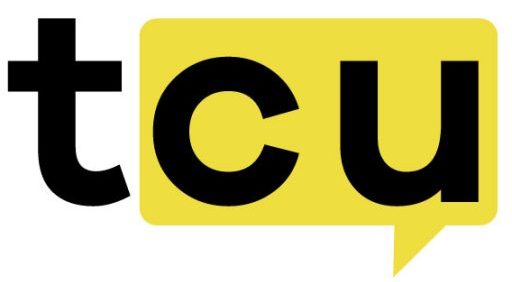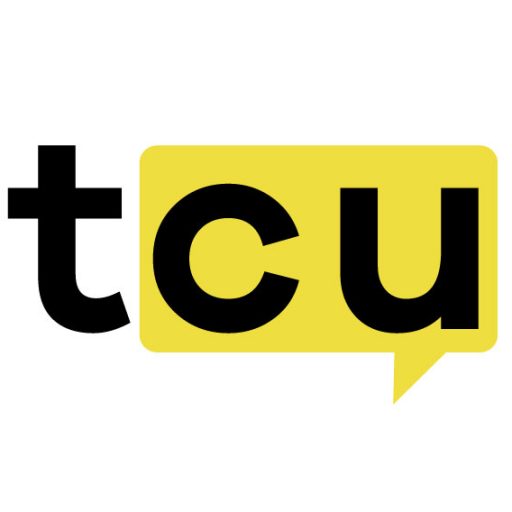Blockchain technology has transformed many industries, but one of its most curious intersections is with online gambling. Decentralized casinos—platforms that run entirely on the blockchain—offer a different experience compared to traditional gambling sites. While some popular platforms like PinUp Casino have earned a reputation for generous bonuses and a wide selection of games, decentralized casinos raise new questions about transparency, regulation, and personal data. Keep reading to find out more about it!
What Makes a Casino Decentralized?
At the heart of a decentralized casino is a set of open smart contracts—pieces of code deployed on the blockchain that autonomously manage bets, payouts, and game logic. These contracts are immutable once launched, meaning they can’t be altered by the operator. Players can view and verify them, ensuring the rules are transparent and fair.
Another cornerstone of these platforms is transparent payments. Unlike traditional gambling sites, where users must trust that their winnings will be paid out, blockchain-based platforms automatically execute payments via smart contracts. This eliminates the need for middlemen or third-party approval.
Perhaps the most radical difference is that many decentralized casinos operate without Know Your Customer (KYC) procedures. Unlike the registration on Pin-Up casino, at these websites, gamblers often don’t need to submit identification documents or undergo verification checks. All that’s needed is a crypto wallet and some digital coins to play. While this boosts privacy and accessibility, it also introduces regulatory grey areas.
The Pros: Why Some Players Are Making the Switch
There are several reasons why decentralized gambling is catching the attention of tech-savvy players:
- Transparency: Every transaction is recorded on the blockchain and is visible to anyone. That includes bets placed, winnings paid out, and game outcomes.
- Security: With no centralized server to hack, decentralized platforms reduce the risk of data breaches.
- Anonymity: The lack of KYC appeals to users concerned about data sharing and privacy.
- Lower Fees: Removing intermediaries often means lower operational costs, and sometimes better odds for players.
It’s no wonder that players who enjoy gambling experiences at sites like Pin Up Casino Online are curious about what decentralized platforms have to offer.
The Cons: Risks Lurking Behind the Code
Despite their promise, decentralized casinos come with a unique set of challenges:
- Regulatory uncertainty: Many jurisdictions haven’t yet addressed how to handle blockchain gambling. Some players may unknowingly violate local laws.
- Scams and faulty code: Not all smart contracts are created equal. A poorly written or malicious contract can drain user funds instantly.
- No customer support: Since there’s often no central team managing the platform, players are on their own if something goes wrong.
- Volatility: Cryptocurrency values can fluctuate wildly, meaning your winnings might drop in value overnight.
Even well-established names like PinUp casino, known for responsible gambling practices and reliable customer service, face limitations when venturing into fully decentralized territory.

Blending Traditional and Decentralized Models
Some platforms aim to combine the best of both worlds: the innovation of decentralized finance with the stability of traditional gambling infrastructure. As blockchain technology matures, hybrid models may become more common. Perhaps a day will come when logging into your favorite platform—say, a smooth Pin-Up casino login procedure—lets you choose between traditional or decentralized gameplay.
![]()


